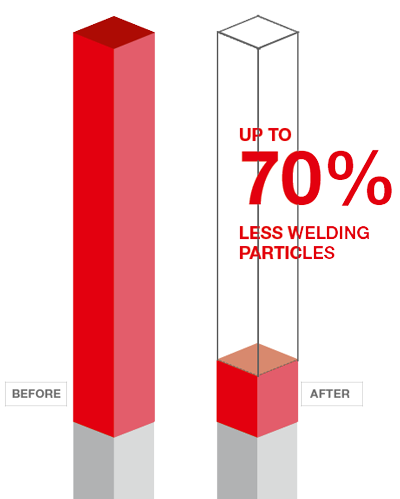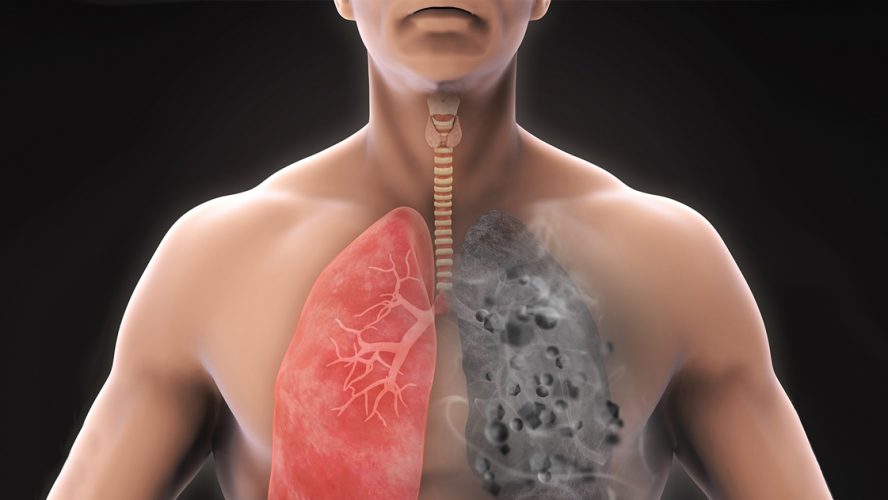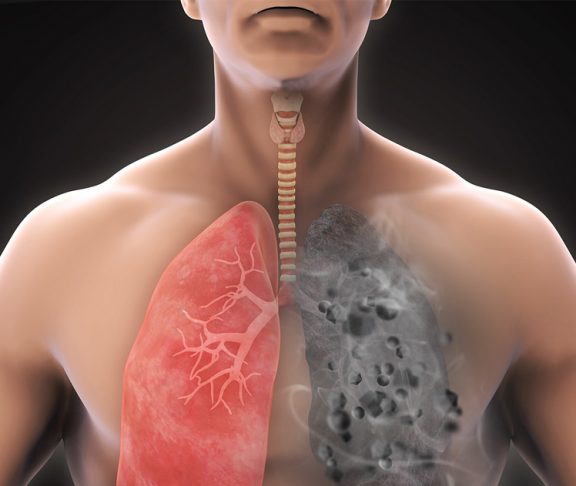Welding is an essential part of everyday life. From cars to skyscrapers, aircraft to rockets, and pipelines to highways – none of it would be possible without welding. The flipside, however, is that welding workers are often exposed to severe working conditions such as long hours, confined spaces, welding dust, and welding fumes.
While each welding technique produces a distinctive range of particulate composition and structure, a varied mix of harmful fumes and gases form in all types of welding processes. According to US agency The Occupational Safety and Health Administration (OSHA), the most common gases emitted during welding are ozone, nitrous gases and carbon monoxide.
The menacing effect of welding fumes
Some welding fume particles are so small that they can reach the narrowest of airways in the respiratory system. These fine particles, known as alveolar dust, can cause severe health problems if inhaled. They are the most dangerous, and the most challenging to capture.
Continuous exposure to welding pollutants may lead to acute or chronic respiratory diseases in all welding processes. This may include short-term symptoms such as nausea and vertigo, while lung damage and certain types of cancer—including lung, larynx and urinary tract—have been observed in the long term. A recent safety alert issued by the Health and Safety Executive (HSE) stated that exposure to mild steel welding fume can cause cancer, which underscores the severity of the matter.
Purchasing a welding fume extraction system is usually the first solution that comes to mind when approaching the issue of welding fumes. Other mitigating measures like personal protective equipment, welding curtains and cleaning work surfaces may eliminate some of the hazards, but are often inadequate.
The impact on your business
It doesn’t matter which industry you operate in, poor air quality in the workplace has the same impact everywhere. Increased absenteeism, high staff turnover and a poor corporate image are just some of the consequences.

Furthermore, in most countries, there are extensive welding regulations which carry hefty penalties if they are flouted. In severe cases, you may even be forced to shut down your business.
So, the question is: Are you doing what you need to do? If you want to improve your safety culture and put the correct measures in place to ensure healthier, cleaner air in the work environment, download the Ultimate Guide to Combatting Welding Fume to find out all you need to know. Contact Zehnder Clean Air Solutions to put the wheels in motion – don’t just think about it, act on it.


